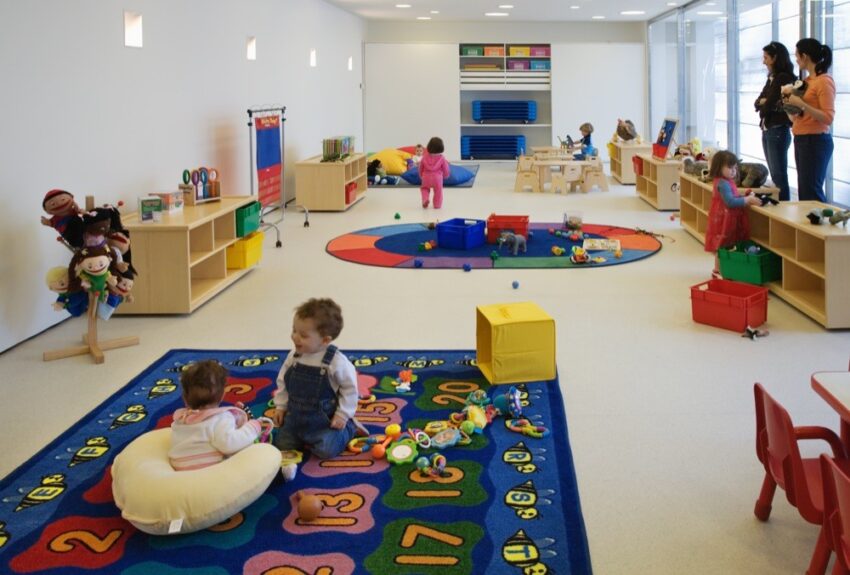The Evolution of Nursery School: From Early Education to 21st Century Learning
Nursery schools have been a vital part of early education for many generations. Originally established as a place for parents to safely leave their children while they worked, nursery schools have evolved over time to offer more comprehensive learning experiences. In the 21st century, nursery schools have embraced technology and innovative teaching methods to provide a well-rounded education to young children.
Early Nursery Schools: Focus on Care and Socialization
In the early years, nursery schools primarily served as a means of childcare. Children were provided with a safe and nurturing environment, as well as the opportunity to interact and socialize with their peers. Emphasis was placed on physical care, basic hygiene, and fostering basic social skills. There was little focus on formal academics during this time.
The Emergence of Early Education
As the importance of early childhood development and education became more recognized, nursery schools gradually started incorporating academic activities into their curriculum. Basic subjects like reading, writing, and numeracy skills were introduced in a playful manner. Teachers started incorporating songs, games, and storytelling to make learning fun and engaging for young children.
Introduction of Creative Activities
Nursery schools also began to prioritize creative activities to foster children’s imagination and self-expression. Art, music, and movement became integral parts of the nursery school curriculum. Children were encouraged to explore various forms of artistic expression, which positively influenced their development and stimulated their cognitive and emotional growth.
21st Century Nursery Schools: Technology and Innovation
In the 21st century, nursery schools have embraced technology to enhance the learning experiences of young children. Interactive whiteboards, computers, and tablets are used to introduce children to the world of technology from an early age. Educational apps and software are employed to reinforce basic skills and provide a gamified learning environment.
Focus on STEM Education
Nursery schools have also recognized the importance of STEM (Science, Technology, Engineering, and Mathematics) education in preparing children for the digital age. They now incorporate age-appropriate experiments, coding activities, and building challenges to help develop critical thinking and problem-solving skills from a young age.
Inclusion of Multicultural and Global Perspectives
With the shrinking world and increased globalization, nursery schools now aim to expose children to various cultures and perspectives. Multicultural activities, storytelling from different countries, and celebrations of diverse traditions are incorporated into the curriculum. This not only helps children develop a sense of global citizenship but also fosters tolerance and appreciation for cultural differences.
Focus on Emotional Intelligence
In addition to academic and technological advancements, nursery schools have also recognized the significance of emotional intelligence. They now prioritize teaching children how to manage their emotions, develop empathy, and build healthy relationships. Teachers are trained to provide a nurturing and emotionally supportive environment, ensuring children feel safe to express themselves and develop their emotional intelligence.
The nursery school of the 21st century has evolved significantly from its early days of basic care and socialization. It now offers a comprehensive education that encompasses academic, technological, creative, multicultural, and emotional aspects. Nursery schools continue to recognize the importance of early childhood development and strive to provide children with a solid foundation for their future educational journeys.
Nidhin
For More Details Call: +917510220582

